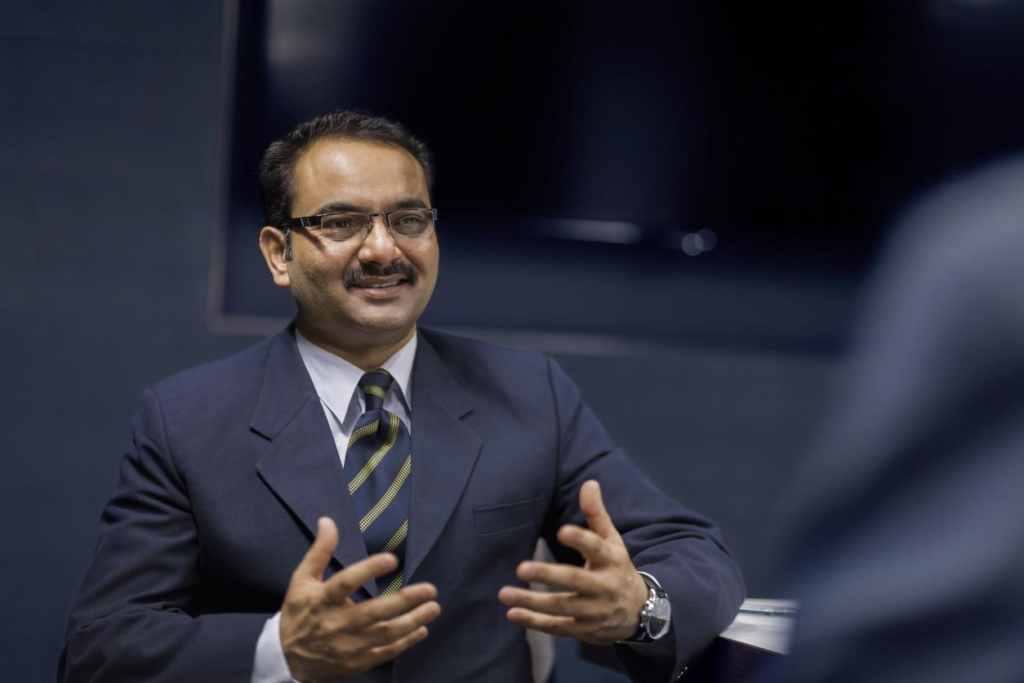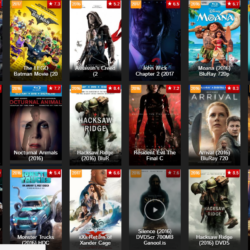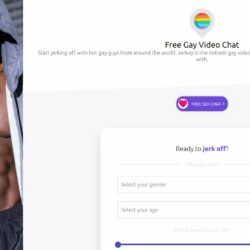Interviews that take place in the public eye can be light-hearted and informative, but many also have moments of emotional intensity. To be a successful interviewer, you will need to prepare extensively, so you know how hard to push a subject, what questions to ask, and when to ask them. After doing the research, you’ll have a better understanding of your interviewee as a person. As a result, you can make them feel comfortable and they may be more willing to open up. Furthermore, you’ll need to be a good listener in order to respond appropriately and hopefully get interesting answers. Finally, when the interview is drawing to a close, you should be ready to bring all the relevant points together and sum up the story for your viewers.
Training to become a media interviewer
As well as planning, remembering responses, and paying attention, media interviewers have to manage the experience of appearing on TV or addressing an audience through radio or a podcast. In the beginning, this can be a daunting prospect, even for the most experienced journalists, but with the right training, it’s possible to become a competent and effective interviewer. Each field of journalism is different, so it’s important to train in the area you hope to work in. The SBU master’s in sports journalism provides students with a thorough understanding of how to succeed in this exciting field. At St. Bonaventure University, the course is delivered 100% online, your studies can fit in around work or family responsibilities, and you can graduate within 18 months. When you first seek work, like every other new journalist, you will be expected to report accurately on stories of interest and grab the attention of your audience. If you offer additional skills, such as the ability to conduct a live interview, you will be in higher demand.
Laying the groundwork for an exceptional media interview
The most important skill when it comes to a good interview is preparation. This will help you to stay calm, appear natural, and get the best out of your interviewee. Here’s a look at what you can do in advance to ensure everything runs smoothly on the day.
Get to know your subject
Doing your homework is essential before you even start to think about what questions to ask your subject. The interview should not be the first time you learn about them or their credentials. Be sure to carry out plenty of research on their background, their area of expertise, and their public persona before you begin. It’s also a good idea to find out if there are any controversial topics to avoid over the course of your discussion because annoying the interviewee is rarely helpful. This insider information, gathered before an interview begins, means you are able to introduce a person to your viewers and then launch into a productive conversation.
Choose an interviewee with something to say
Not every person you meet as a source will make a good interviewee. Some clam up on camera and some are simply boring to watch. To avoid these pitfalls, choose your guests wisely. To find out if they have something of value to add, get to know more about their life or work. Read about their achievements, take a look at their social media pages or blogs, and watch any videos they’ve taken part in. People who have a unique take on a subject, those who have an unusual lifestyle, and those with a story to tell are ideal. If they’ve written a book or been involved in an event, learn more about it – or at least the parts which could become relevant when you interview them. Furthermore, watch any interviews they have already given, where possible. Look for questions that they respond well to and also be mindful of less productive topics. Take notes and use these to write your questions.
Allow your interviewee to prepare themselves
In order to get the best out of your subject, help them to prepare for the interview in advance. It’s not always possible, especially if you are reporting live from an unfolding event or situation, but it can make things run more smoothly. Always try to give people a basic idea of what you plan to say, the topics you’ll cover, and your concerns. The level of detail you give is down to your discretion. It’s also worth remembering that there will be times when spontaneous answers make the best content.
Work toward your end goal
At the start of your interview, it’s always beneficial to know what information you hope to get from your subject. However, it’s better to work toward this goal slowly, rather than diving in with your best questions at the start. Begin with general questions to keep the mood undemanding and calm. Starting with the most emotional topics at the beginning can exhaust an interviewee and result in an early end to the conversation. They are choosing to be there and it’s not an interrogation, so win them over and gain their trust so that they are more willing to share their story naturally.
Utilize active listening techniques
You can show a person that you are actively listening and engaged with what they are saying in several ways. Firstly, your verbal responses should reflect what they’ve said; to underline your curiosity, you could repeat back some of the key points they make. You can also work on your body language, as this is often a key indicator of how much attention a person is paying to another. Pause and nod after a question has been answered, maintain eye contact at regular intervals, and ensure they have made their point before you start talking again. This means they can talk freely and tell their story in their own words. It’s a more organic way of conducting an interview and is often more productive, compared to conversations that are driven by the interviewer.
Tell them about the appearance they will make
Media interviews can take place on TV, radio, or a podcast. It’s important to explain what format the show is broadcast through, what type of show it will appear on, and what the audience is like. Get in touch with your subject beforehand to explain more. You could also include information on the length of time the recording will take and how you plan to promote the show. This ensures everyone understands what is expected of them and there are no surprises in store on the day of the recording.
Let them know what questions you plan to ask
Creating your questions is a lengthy process, but once you’re finished and are happy with the result, send the list to your interviewee. Ideally, you should let them know what you plan to talk about at least a week in advance. This gives them a chance to highlight any areas of concern and organize the responses they are planning to give. For some questions, they will only need to reply with a few sentences, while others will require a more elaborate and detailed answer. This ensures the interview is interesting for your audience, as the subject has a chance to say everything they want to and they are less likely to forget a crucial point.
Ask the right kind of questions
As you’ll be letting your interviewee know more about what you plan to ask in advance, it follows that you will prepare your questions early. You don’t need to try and script the entire meeting, as it can end up sounding forced, but know what you want to ask and the information you want to cover. If the interview overruns or some questions go wrong, you’ll need a backup plan. That’s why experienced interviewers keep a secondary list of questions in reserve.
Make your questions open ended
Questions that require a yes or no answer will be of little interest to your audience, or interviewee. Instead, go for open-ended queries, as these are more likely to result in the subject sharing crucial details and emotional descriptions. A person can use these questions to offer their opinions, explore a topic in more depth, or say something unexpected. Even if you plan to move on to another topic, use this type of questioning to build the person’s story and give them a chance to say what they want to say.
Avoid generic or common questions
If your subject is a national or even a local celebrity, there are likely to be questions that they are asked regularly. To engage them with your interview, avoid this line of query. Guests who are bored can make the interview awkward and hard to watch. Instead, establish what you want them to talk about with a quick preamble, then lead to a question that they can truly engage with. It’s often the case that questions beginning with how or why generate good responses, as they are not challenging, but the subject needs to put thought into their response.
Ask a single question and then move on
In the heat of a televised interview, there are not many people who can concentrate on multiple questions at once. You are likely to confuse the interviewee and as a result, end up repeating yourself. This is especially problematic if you have a talkative guest, as they may take a while to get to the point. Instead, speak as you would during an off-air conversation — ask one question and wait for a reply before moving on.
Tell your audience about the interviewee
Anyone who has been to a job interview is familiar with the “Tell me about yourself” line of questioning. It sounds straightforward but it can leave you struggling for a way of describing yourself succinctly. When you are the interviewer, the same can be true. Many people have a lengthy list of accolades and achievements that they could mention while others may spend too long promoting their latest book or event. When a person is well-known, the audience may have heard this information many times. To avoid the pitfalls of a prepared biography, write your own for each interviewee. Select interesting points from their social media or press releases, then tailor what you’ve learned to make it relevant for your audience.
Find a point of interest for the audience
Interviews are conducted for the benefit of an audience, so it’s important to work out in advance what appeals to them and what kind of information grabs their attention. Once you know that, it’s easier to think about what your interviewee has to offer. Avoid covering old ground and topics they have no interest in. Background research will be useful here, as you can note down anything your audience would like to hear more about and craft some of your questions around that.
Ensure there are no distractions
If you are conducting an interview at someone’s home, in your office, or outdoors, it’s important to make sure there are no distractions. You should switch your phone to silent, close the door, or move away from large groups of people. If an interviewee brings a pet, or you have a pet, ensure it is happy and settled before you begin. Finally, take a look around to check that there are no other sounds that could become intrusive. Occasional breaks in the flow of an interview cannot be avoided, but these should always be kept to a minimum. When they drag into a few minutes or more, the interviewee can become bored and start checking their phone or staring out of the window. Either way, they lose the focus they previously had on the interview.
Put your all into every interview
Until you have a few hundred interviews under your belt, you’ll need to invest time in preparing for every conversation. This not only shows the interviewee you are a professional, but it also ensures you are ready for the task ahead. Your efforts will result in excellent content for your audience.





















